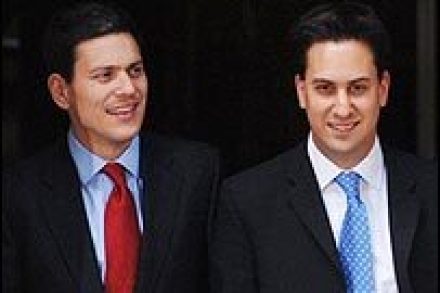Re-invigorating retirement
The retirement age must rise, timing is the sole contention. Yvette Cooper asserts that the coalition’s acceleration of the planned rise in the state pension age will force those currently in their late fifties to re-plan their retirement. Certainly, but a rise in the state pension age from 65 to 66 is unlikely to be life-changing. So why not bring it forward? Of more interest, I think, are the government’s other pension proposals. ‘Re-invigorating retirement‘ sounds rather jaunty, being forced to pay into less than lucrative company pension schemes does not – especially as those schemes are far from secure. Also, the abolition of the Default Retirement Age limits the
















